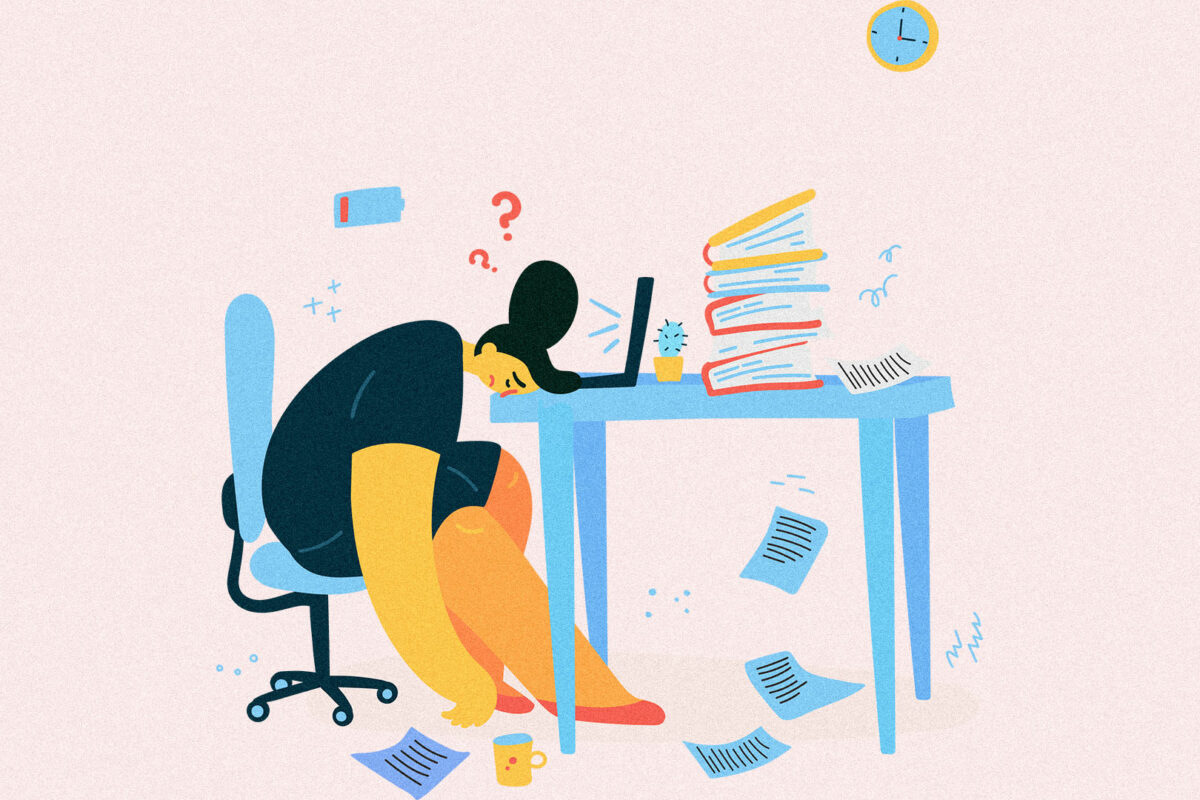In 2013, the Romanian hacker Marcel Lazar cracked open email accounts belonging to the members of George W. Bush’s family. Lazar found paintings by the former president of animals, still life, even some self-portraits. Lazar released the images to the media, many people were surprised to discover Bush’s hobby.
They need not have been. Presidents Jimmy Carter, Ulysses S. Grant, and Dwight Eisenhower all painted. So did Winston Churchill.
Why would world leaders, whose work was far more demanding than yours or mine, make time for a hobby? Simple. They understood that having a hobby is a vital practice for rejuvenation.
Sadly, many don’t follow that example. According to Gallup, the average American workweek is closer to 50 hours than 40, and one in five works 60 hours or more. A study by the Center for Creative Leadership found professionals and business leaders who carry smartphones tend to work more than 70 hours a week.
We’re living in what German philosopher Josef Pieper called “total work,” where labor drives life, not the other way around.
It doesn’t have to be that way. Despite living in a culture that celebrates overwork and sees exhaustion as a badge of honor, you can make a different choice. You can rise above a burnout culture with these five rejuvenating activities.
Sleep
The need for rest is programmed into our bodies. Yet we often push against that requirement, sacrificing sleep for work. If we cheat ourselves of the off-switch that’s built into our bodies, we are signing up for burnout.
Keep your mind and body fresh by getting adequate sleep every night. And don’t be afraid to take a nap now and then. I’ve taken a daily nap for years, and it’s only helped my productivity and achievement. It can do the same for you.
Eat
To be productive, feel energetic, and stay focused, you need adequate fuel. Specifically, you need to keep your blood sugar regulated. When it spikes and drops, you lose energy. This has a biochemical impact on your brain. Brain fog is a real thing.
People often say they don’t have time to stop and eat. I’ve said that to myself in the past. “I’m going to work through lunch. I’m just too busy.” That’s like saying you don’t have time to stop and get gas for your car. You need to refuel.
Choose foods that contribute to your productivity and provide good, clean fuel. Otherwise, you may wind up more fatigued after you eat than before you ate. There’s nothing wrong with a big bowl of pasta or a good pizza. In fact, one of the best ways to connect with friends and family is over a sumptuous meal. Just practice moderation.
Move
The link between physical activity and mental agility is well documented. Even a brief walk or spending time outdoors has been shown to improve creativity and increase test scores.
Yet physical activity is often the first casualty of overwork. We start the day with every intention of going to the gym or taking a bike ride, but our perceived busyness crowds it out. The secret is to build exercise into your morning or evening routine. Make it a cornerstone of your day. You’ll notice a difference in energy almost immediately.
Connect
Arguably, this is the most important practice for rejuvenation. We are made to live in relationship with others. But we have to be intentional about building time for in-person contact. When we do, the payoff is huge. The right relationships can open up a world of learning, encouragement, accountability, and connection.
Relax
Relaxation is an activity different from your work that rejuvenates body, mind, and spirit. This is why painting was so important for the world leaders I mentioned earlier. It enabled them to escape the stress of the day, use their minds in a different way, and have a sense of satisfaction.
If you find yourself saying “My work is my hobby,” you’re missing a vital avenue for rejuvenation, and you’re risking burnout.
Burnout is not something that happens to you. It’s the result of the choices you make. If you’re drifting toward burnout, you have the power to make a change. Which of these practices would make the biggest impact on your wellbeing? And when will you begin to practice it?
Disclosure of Material Connection: Some of the links in the post above are “affiliate links.” This means if you click on the link and purchase the item, we will receive an affiliate commission. Regardless, we only recommend products or services we use and believe will add value to our readers. We are disclosing this in accordance with the Federal Trade Commission’s 16 CFR, Part 255: “Guides Concerning the Use of Endorsements and Testimonials in Advertising.









